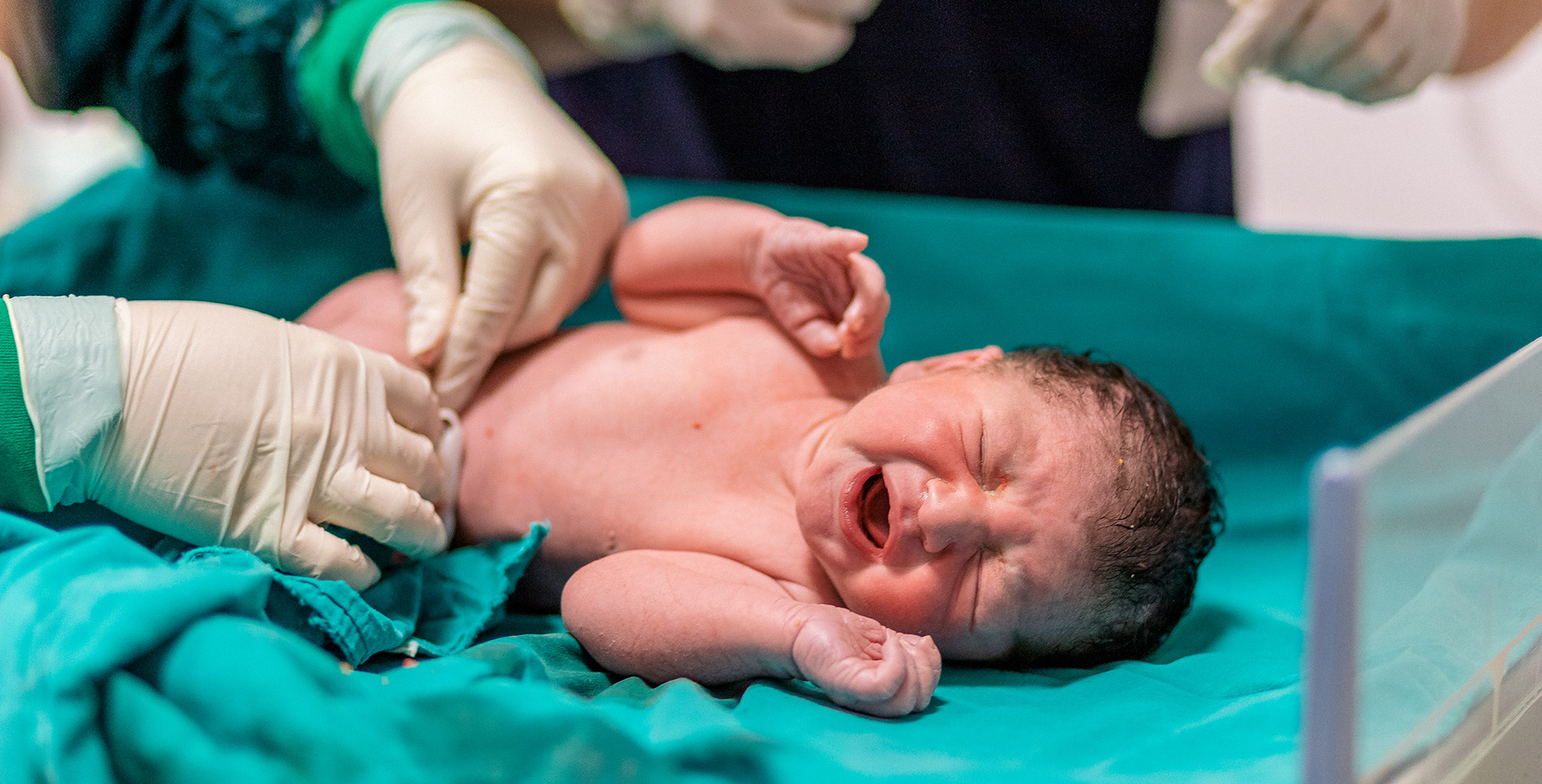

Today, House Minority Whip Steve Scalise (R–La.), Rep. Ann Wagner (R–Mo.), and Rep. Kat Cammack (R–Fla.) will file a Discharge Petition for the Born-Alive Abortion Survivors Protection Act. This will be the first discharge petition filed in the 117th Congress, which seeks to force a floor vote of the lifesaving Born-Alive bill.
A discharge petition is a tool used in the U.S. House of Representatives that is a member-driven attempt to force a floor vote on a piece of legislation. A petition must receive 218 signatures in order to be successful. In the 116th Congress, Whip Scalise and Rep. Wagner filed a discharge petition on this same bill. Notably, that Born-Alive petition set a record for the most signatures within one legislative day of a discharge petition being introduced, receiving 193 signatures from members of Congress. Eventually, the petition received 205 signatures, including three Democrats. Discharge petitions do not expire, so members are able to sign the petition throughout the 117th Congress.
In her office’s press release, Rep. Wagner, the sponsor of the House bill stated, “every single life is sacred and precious — no matter the circumstances of birth. I will not stop working until this legislation becomes law, so newborns have a chance at life when they are at their most vulnerable. This should not be a matter up for debate, and I hope every Member of Congress signs this petition so these basic rights are enshrined into law.”
As explained in a previous article by the ERLC, the Born-Alive bill would amend the federal criminal code to require any health care practitioner who is present when a child is born alive following an abortion or attempted abortion to, first, exercise the same degree of care as reasonably provided to any other child born alive at the same gestational age, and second, ensure that such a child is immediately admitted to a hospital. The bill is important because current federal law lacks sufficient legal protection and medical provision for children who survive failed abortions. When a child is born alive, whether in a hospital, at home, or in an abortion clinic, any action taken to end that child’s life is and always ought to be considered murder. Withholding medical care from such an infant denies the human dignity affirmed to that precious child by God. Such a callous dereliction of responsibility by the legal system also denies that child’s basic human right of life as guaranteed by the United States Constitution.
The most recent legislative history on this issue was the successful passage of the Born-Alive bill in the House in the 114th Congress with a floor vote of 248-177. However, the Senate has never passed the bill, but each chamber has reintroduced it multiple times. Currently, the Born-Alive bill has been reintroduced in the Senate by Sen. Sasse (R–Neb.) and reintroduced in the House by Rep. Wagner (R–Mo.).
In 2019, when the Born-Alive bill was on the Senate floor, ERLC President Russell Moore urged Senators to support the critical common-sense legislation. Moore said:
“The fact that this bill is even necessary is chilling to consider. That somehow there would even be a question among elected officials whether it should be legal to leave a crying child to die on the table is shameful. Protecting the lives of living babies must not be a partisan issue. Children have intrinsic value that is defined not by their power, nor by the whim of doctors, but by the image of God each one of them bears.”
It is anticipated that most, if not all, of the 211 House Republicans will sign the discharge petition. The three Democrats who signed the discharge petition last Congress were not re-elected. In order to reach 218 signatures, a handful of Democrats would need to sign the petition. Unfortunately, it is difficult to see how the petition would reach that threshold to receive a floor vote in the House. The ERLC is supportive of this important bill, committed to defending the vulnerable at every stage of life.
To learn more see these ERLC resources: